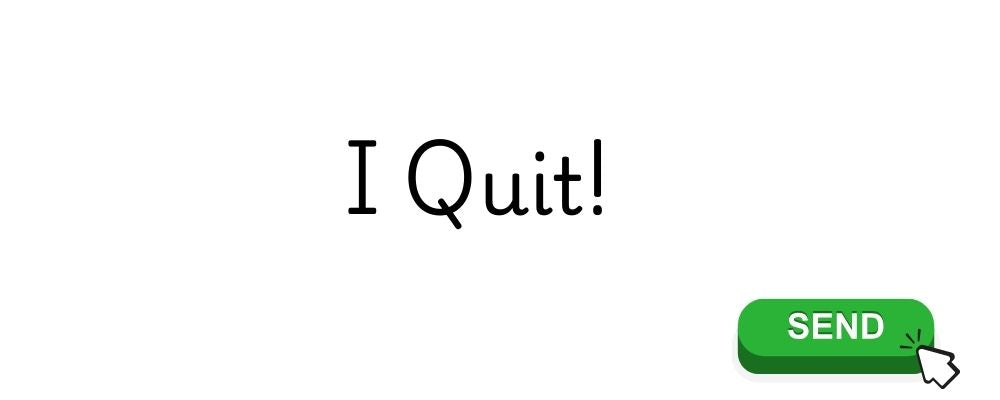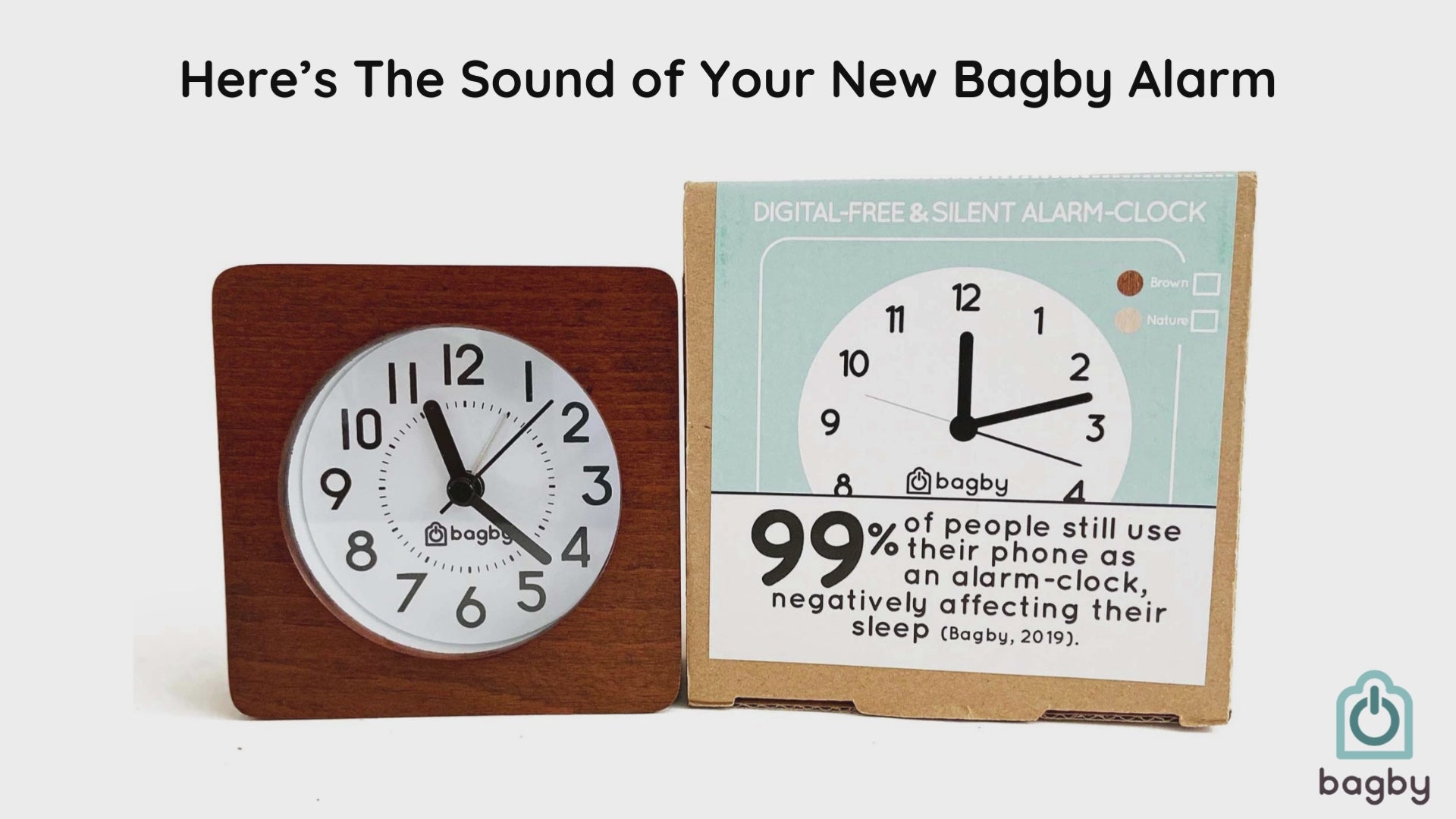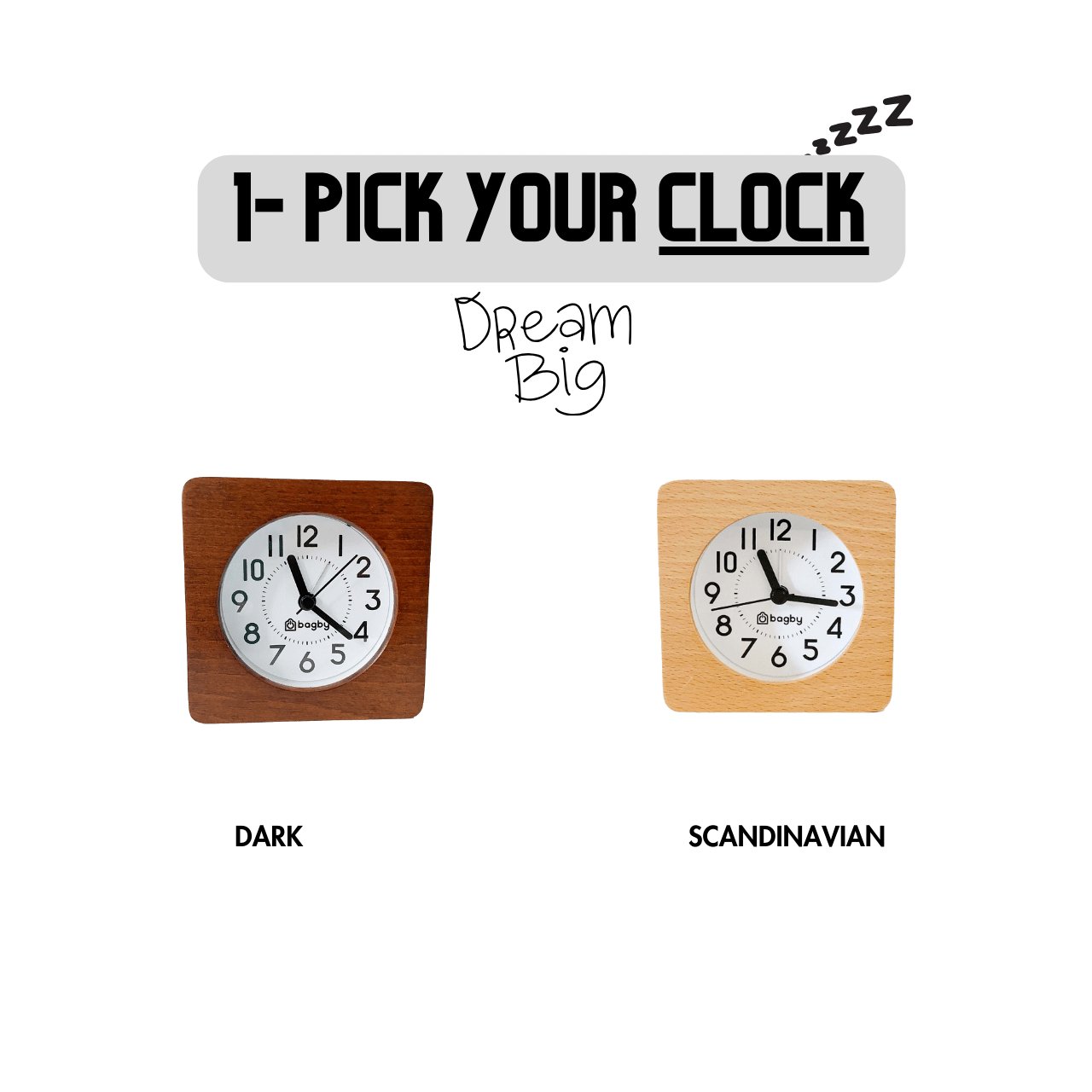More than half of American workers engage in "quiet quitting", according to new Gallup study. Some people called it a "no sense" trend but the fact is that the popularity of this term is all over the news and social media. This new situation is one facet of the so-called Great Resignation and it's obviously linked to COVID-19 consequences.
The COVID-19 pandemic not only disrupted everyone's lives with restrictions and a lockdown on public gatherings; it also made some people rethink their career choices. During what's known as the Great Resignation, 71.6 million people left their jobs from April 2021 through April 2022, which averages 3.98 million people quitting monthly, according to the U.S. Bureau of Labor Statistics. In June 2022, the number of people quitting reached 4.2 million.
Not only are people resigning from positions, they also want to limit their workloads. Enter quiet quitting -- the new way of doing a job's bare minimum.
What does "quiet quitting" mean?
Let's face it, the workplace has changed.
Organizations tend to have 3 types of workers: engaged (32%), actively disengaged (18%) and "not engaged" (50%) at work. This third category fits what has been called "quite quitters"; people who do the minimum required and are psychologically detached from their job. “Quiet Quitters” aren’t actually quitting their job. Instead, they are simply doing exactly what’s in their job description and nothing else.
‘Quiet quitting’ isn’t really about quitting, it's about burnout.
Why are employees quite quitting?
According to Gallup, workers can slip into quiet quitting for 3 main reasons:
1- Lack of expectations and goals setting: They don't know what's expected of them at work.
2- Lack of opportunity to grow: They feel employers are not giving them an opportunity to learn and grow.
3- Disconnection from the company's mission: They feel the impact for the company they are working for is not what it used to be when they signed in.
What if the problem has to do more with balance and life-work integration?
The always-on culture seems to be impacting negatively the wellbeing of the workforce, especially for Gen-Z. Let's not forget that COVID-19 disrupted everyone's lives, skyrocketed our screen time, and made a lot of people people rethink their career choices and future.
Signs of Quiet Quitting.
- Not attending meetings.
- Missing basic deadlines.
- Arriving late or leaving early.
- Reduction in productivity and focus.
- Less contribution to team projects.
- lack of passion or enthusiasm.
How to face quiet quitting.
There is not a one-fit-all formula but what's clear is that employers, especially managers and leaders must step in.
1- Help employees prioritize.
Often, overwhelm and stress come silently. Decision-making can be hard, especially for younger generations. Try to sit with your team individually and offer them help.
2- Offer especial bonus based on performance.
Sometimes employees are looking for extra motivation. Sit with your team and involved them in "extraordinary tasks" along with additional bonuses. Make clear these tasks are optional but will be streakily measured and deadlines must be met.
3- Rethink your wellbeing corporate strategy, especially the digital side of it.
What is your company doing to improve workforce productivity, reduce health risks and increase confidence to keep employees engaged?
Is digital wellbeing part of the plan? Did you know, we can be 26% more productive without our phones? It's time to look at our relationship with technology and how this is affecting our overall performance.
Here are some questions the Digital Wellness Institute is focusing on:
Are managers emailing them at all hours of the night expecting an immediate response, leading employees to feel like they must be “always on” their work computer?
How many hours are spent on screen during traditional working hours on tasks non-related to work? How many hours are employees spending on screen-connected devices outside of work?
You don't know where to start?
We offer digital wellness products to help employees improve their wellbeing by changing some bad habits and routines.

4- Stop criticism, welcome gratitude.
“Gratitude is an emotion that grounds us and is a great way to balance out the negative mindset that uncertainty engenders,” said Dr. Guy Winch.

Research shows many people in Gen Z do become overwhelmed by negative judgments or criticism they receive at work, and as such have developed perfectionist tendencies. Perfectionism actually leads people to put in less effort, not more, with their subconscious reasoning: “Since I’m not going to get this right, I won’t try as hard.”
Here is a simple key tip to sump up #QuietQuitting: Be more human!
----------------------
You can download FREE our Collaborative Digital Wellness Report.


















